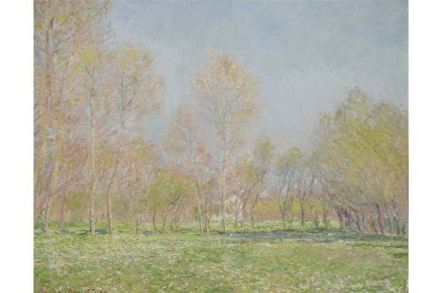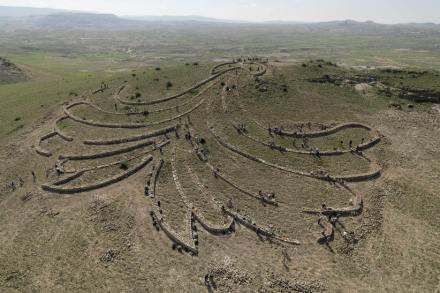Down and out in Edinburgh
Lloyd Evans mingles with sozzled Scots, benumbed punters and performers with nothing to lose at this year’s Fringe It’s for losers, Edinburgh. The world’s down-and-outs come here in droves every August. This year I was one of them. Having failed to secure my usual lodging, a spartan cell on the university campus, I had to
















